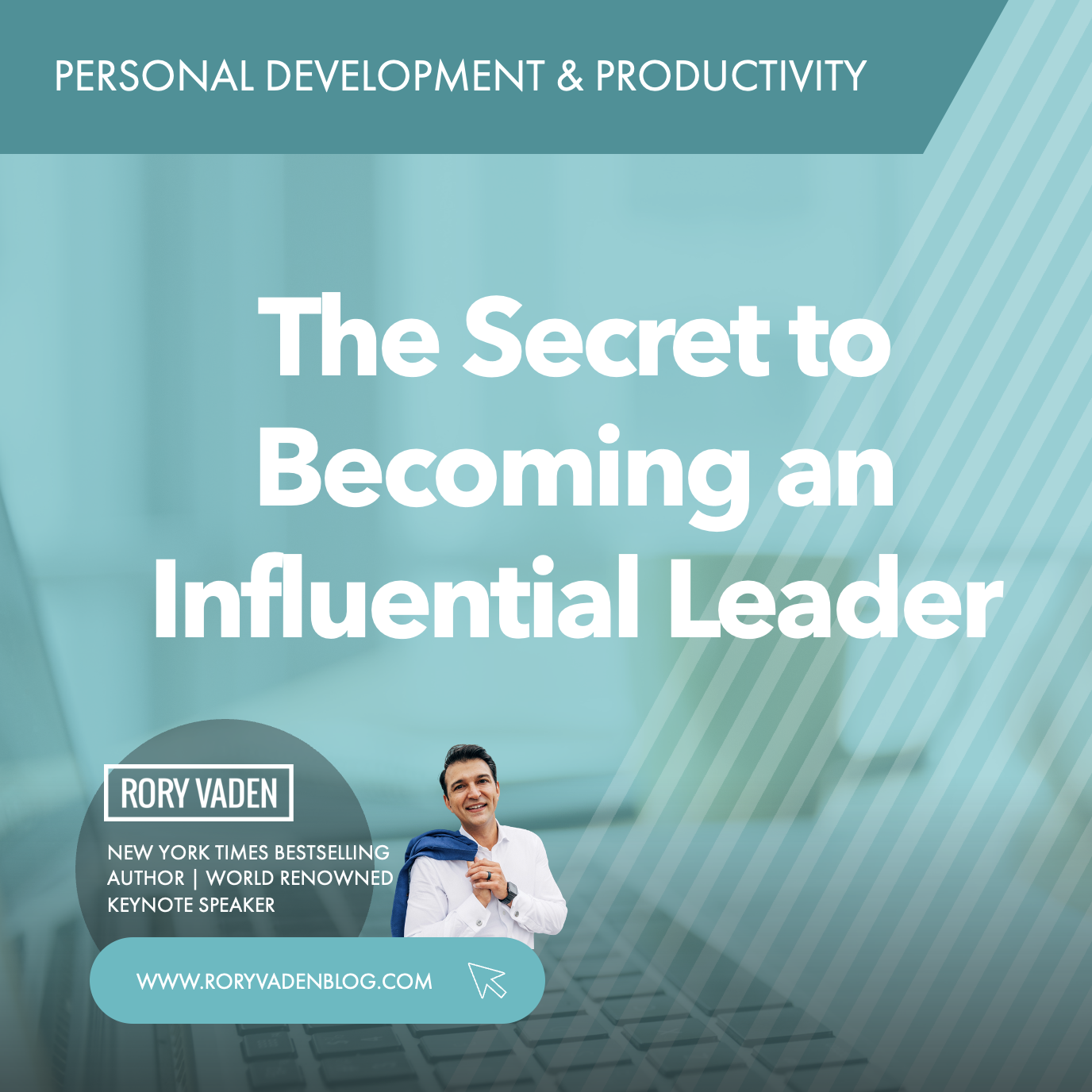Why Learning is Important for Leaders
Why Learning is Important
Here I am, 19 years old, for the first time traveling across the country.
I'm in Montgomery, Alabama, which is a very diverse culture and neighborhood, and I was not used to this experience.
I remember this day.
First, it was my birthday, but secondly, because of how awful it was.
I would be knocking on doors and was getting rejected because they were not interested.
Knock. Knock.
Slam.
Knock. Knock.
Slam.
Finally I knocked on a door and this guy in a wheelchair answered.
At first I thought, “This guy doesn't have kids. He doesn't care about kids. He’s just one more person that's going to slam the door on me.”
He looked at me and he said, “You're selling children books, huh? Well, come on in and talk to my assistant, Lupe, for a minute. I have to grab something.”
I went inside this house, and he goes off to do his thing.
A little while later, Lenny came back with a children's book that he had written called “Wally the Whale”.
It turns out that this guy was 67 years old. His wife had died some years earlier. After he lost his legs in Vietnam, Lenny became quite wealthy writing children's books.
Lenny loved books.
He loved the books so much.
What happened next is that he bought one of every single thing I had.
Then he bought an entire set for his neighbors.
Then he bought another entire set to donate to a needy family.
Lenny spent $4,221 in about an hour.
It was the single, biggest sale that I'd ever had in the five summers of knocking on doors.
I remember asking Lenny what is it about books that you love so much?
And Lenny said to me, “Rory, I realized a few years ago, that the day I stop learning is the day I start dying.”
And this is true about leaders.
The day I stop learning is the day that I start dying.
This is one of the saddest things about high-level leaders.
They reach a point where they think the title on their business card, the number of years that they have been in an industry or in a company, or they've been to so many different courses or programs that they get to the point where they stop learning.
What they forget is that just because you're so used to being the teacher doesn't mean that you get to stop being the student.
And that is a big problem because we're so used to being the teacher, which is important.
The higher we advance and the more leadership experience we have, we forget that we must also continue to be the student.
We must keep learning.
From a technical standpoint, this is why this really matters.
How to Avoid Procrastination
I want to share with you something called the Knowledge Meter. This applies to you and to your team.
What happens is whenever we're trying to get ourselves to do something, we are going to fail. We're going to be faced with uncertainty.
The more we don't know, the more uncertainty we have, and the more that fear goes up.
So as uncertainty goes up, fear goes up.
As fear goes up, procrastination or inaction goes up. These work together.
Uncertainty leads to fear. Fear leads to procrastination. Procrastination creates the result of inaction, which leads to lesser results.
But we often think that we need to just take more action without realizing that the greatest of all catalysts for action is knowledge.
Because as knowledge goes up, uncertainty goes down.
As knowledge goes up, our confidence goes up.
As confidence goes up, our fear goes down.
As our confidence goes up, our willingness to take action goes up because we get excited that we got something new to try.
And procrastination goes down.
There's this emotional battle.
When we think of taking action, it is sometimes daunting to motivate ourselves or our team.
In reality, inaction often is more the result of unknowing than it is the result of laziness.
If I can continue to learn and if I can get my team excited about continuing to learn, then what's going to happen is their fear is going to go down and their procrastination is going to go down.
For both them and for myself.
The Benefits of Education
If you want exponential growth in your earnings, you must have exponential growth in your learnings.
And this never changes.
Unfortunately, many times, leaders are very humble early on and they learn much early on.
Then they just reached this point where they stopped learning since they’ve heard it all.
It starts this downward spiral, not realizing that it's the moment your personal growth stops.
Your team stops.
But if you keep growing and you keep learning, then your team will.
You're going to have really, really great results.
Follow Rory on Social
Get Rory’s Influential Leader Course for FREE when you sign up to receive his blog updates via email.












